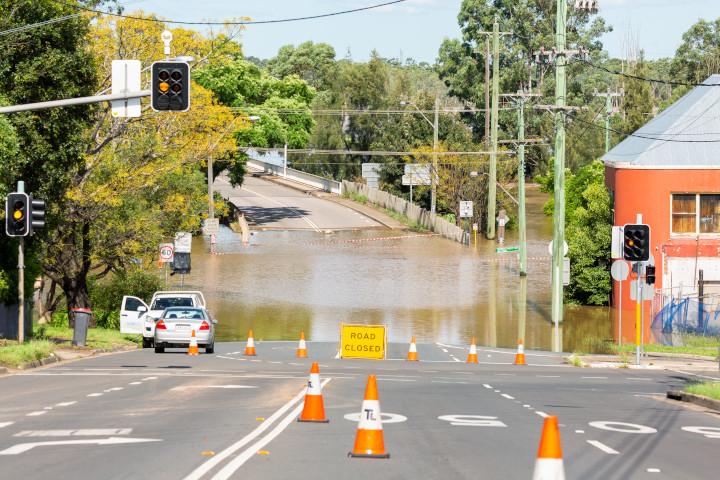A NEW $285M Temporary Housing Support Package will provide accommodation support to flood victims who have lost their homes to ensure people can access more immediate and medium-term accommodation support.
The housing support package will have the capacity to assist around 25,000 households and will be focused on allowing people to move out of their emergency accommodation and find a more permanent place to call home. They will also have access to up to 16 weeks rental support, by the end of March.
The package will also fund on-site pods in rural areas to allow people to stay on their properties while they rebuild, and motorhomes and cabin accommodation to ensure there is flexible accommodation to meet peoples’ varying needs.
The housing package is part of the Commonwealth and NSW Governments’ latest assistance package, which is providing more than $551.7M for flood-affected communities, including support to small businesses, primary producers, councils, individuals, and families hard hit by the devastating floods.
Premier Dominic Perrottet said with thousands of people displaced and many homes uninhabitable, getting people out of evacuation centers and hotels and into more stable accommodation is key to helping people start their long term recovery.
“This housing support package will help put a roof over the heads of the thousands of people who have lost their homes to help them get back on their feet as quickly as possible,” Mr Perrottet said.
“Rebuilding won’t be a quick process and that is why we are using a flexible approach to provide people with the help they need now and into the future so communities can rebuild the homes and businesses as quickly as possible.”
Since February, 45 LGAs have been declared as disaster areas and are eligible for support through Disaster Recovery Funding Arrangements (DRFA).
Deputy Premier Paul Toole said the accommodation support was crucial to helping flood victims begin the long road to recovery.
“This is an incredibly distressing time for many and providing additional accommodation options for those who have lost everything will help to ease some of the burden,” Mr Toole said.
“We are also providing the ability for people to stay on their properties, if possible, so they are in more familiar surroundings while they take time to consider their options.”
Treasurer Matt Kean said the NSW response would continue to be tailored to community needs as the financial costs of the floods are assessed.
“As the situation on the ground continues to evolve, so does our response. We are working night and day to get assistance where it’s needed most,” Mr Kean said.
Minister for Customer Service and Digital Government Victor Dominello said Service NSW was working quickly to establish the new grant package online, with extended trading hours getting help to people faster.
“Service NSW will assist DCJ in ensuring this next round of assistance gets to those who need it the most and continue to be the place where people can go to get the support and advice they need to plan for the next stage of this long recovery process,” Mr Dominello said.
The $551.7M package includes:
• $285M – Temporary Housing Support package that includes;
o $248M – rental support scheme, providing 16 weeks rental support, which will be accessible by the end of March;
o $20M – to extend the temporary housing program to allow people to stay on their land in a temporary ‘pod’ dwelling while rebuilding;
o $10M – to supply temporary accommodation through mobile motor homes, with the first 20 to be delivered by March 13;
o $4.5M – to support the Housing Flood Recovery Service to manage long term housing needs and recovery;
o $2.5M – to provide temporary housing through the hiring of recreation camps in the Northern Rivers. Locations include Camp Koinonia, Lake Ainsworth Sport & Recreation Centre and Camp Drew with capacity for up to 270 peope.
o $150,000 – for a housing brokerage service enabling the Australian Red Cross to work with private rental companies, such as Airbnb and Stayz, to help connect people with rental homes.
• $90M- to assist with the clean-up and removal of flood and storm related damage, debris and green waste for the additional 28 disaster declared LGAs enabling them to work with Resilience NSW and NSW Government agencies to coordinate clean-up activities in their communities;• $75,000 primary producer grants extended to all disaster declared LGAs;
• $50,000 small business and not-for-profit grants extended to all disaster declared LGAs;
• $1M – grants to additional 28 impacted councils to assist with their immediate social, built, economic and environmental needs.
A full list of currently open Recovery Centres is available at: https://www.service.nsw.gov.au/floods/recovery-centres-and-hubs Contact Service NSW on 13 77 88, visit nsw.gov.au/floods or speak to evacuation centre staff.





